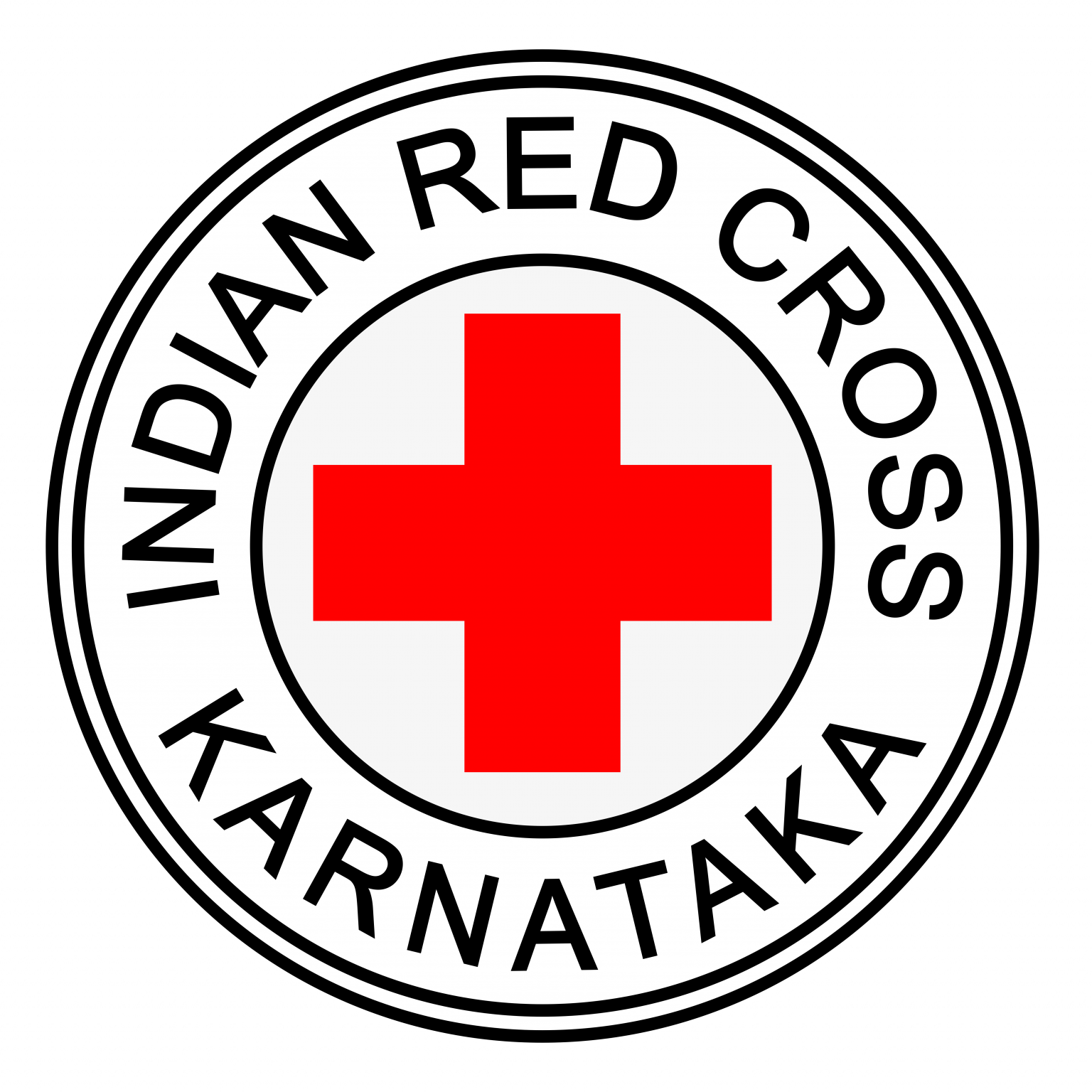First Aid Awareness
First aid, or emergency first aid is the care that is given to an injured or sick person prior to treatment by medically trained personnel. Some self-limiting illnesses or minor injuries may only require first aid intervention, and no further treatment. In 1863, four nations met in Geneva, Switzerland, and formed an organisation which became the modern Red Cross – during this meeting the term first aid was first used with its modern meaning. Some self-limiting illnesses or minor injuries may only require first aid intervention, and no further treatment.
First aid generally consists of some simple, often life-saving techniques that most people can be trained to perform with minimal equipment. First aid usually refers to administration of care to a human, although it can also be done on animals.
The aim of first aid is to prevent a deterioration of the patient’s situation, to aid recovery, and to preserve life. Technically, it is not classed as medical treatment and should not be compared to what a trained medical professional might do. First aid is a combination of some simple procedures, plus the application of common sense.
A B C (and sometimes D) is the most common term referred to in first aid, which stands for Airway, Breathing and Circulation.
The Youth Red Cross Unit may organize this-training course for the interested students of the college. The certificate issued by the IRCS which is an approved training and certifying agency shall be valid for obtaining motor vehicle driving license etc.,
Disaster Management
The increasing frequency and intensity of natural as well as human-made disasters and the consequent damages have become a matter of concern for governmental and non-governmental agencies all over the world. Vulnerability to the disasters in Karnataka is on the rise. The physical location of the state, on the western coast of India makes it vulnerable hazards such as cyclone, winds and coastal erosion.
In addition to vulnerability to natural hazards, vulnerability to vector borne epidemics such as Chikangunya and Dengue is on the rise. Urban sprawl and lack of hygiene infrastructure and unhygienic living conditions lead to increase vulnerability.
As the state prospers and there is urbanization, hazards related to air, rail, road accidents will increase and the state needs to be prepared to mitigate and respond to these.
At community level it means reducing the vulnerability and increasing the capacity to face the hazards and learning to live with disasters. While the communities Nave their own traditional coping mechanisms, these need to be streamlined and augmented. Hence Indian Red Cross Society Karnataka State Branch looking at community based disaster risk reduction.
Training on Minimum Competency Skills
There are a common set of skills and competencies needed to gain employment, stay in it and earn career progression. Certain basic skills and competencies are also required to perform various roles as a citizen, parent and social participant in general. There is little guidance available as to what these basic skills are or what level of competencies need to be learnt. The school / college system emphasis on 3 R’s i.e., reading writing and arithmetic. There are expensive institutes and programmes who charge exorbitant fees.
Researchers have identified five general knowledge areas of primary importance:
1) Consumer economics
2) Employment knowledge
3) Community resources
4) Health
5) Law and Governance
There are five skill areas:
1) Communication Skills
2) Computation skills
3) Problem solving skills
4) Interpersonal relation skills
5) Survival / Life saving skills
There are also other associated areas of knowledge and skills that one should learn in order to become a functionally efficient, economically productive and socially useful member of the society viz., social and political skills including the knowledge of individual and social consequences of personal and group behaviour, how groups and individual relate to the existing political institutions and processes.
Information on Blood Donation
Blood is issued free of cost to the patient. As per the Karnataka State Blood Transfusion Council guidelines, only the government prescribed handling charges, processing charges and testing charge are collected.
Some facts about blood donation:
- Within few hours after blood donation, body recoups and within 24 hours, donor will get back the volume of blood he/she has donated.
- Within 2 weeks, the donor will be able to recoup completely all the constituents of the donated blood.
- It doesn’t even pain more than a prick during blood donation
- It doesn’t take more than 20 minutes to donate blood and to recover completely.
Benefits of blood donation to the donor:
- Blood donation influences urge in donor’s body to produce new blood.
- With the production and circulation of new blood, attention and memory power of the donor improves.
- Helps in reduction of fat in blood.
- Reduces 80% risk of heart attack for the donors.
- Prevents ailments like blood pressure and allied diseases that can lead to fatal illness like blood clotting and brain haemorrhage.
